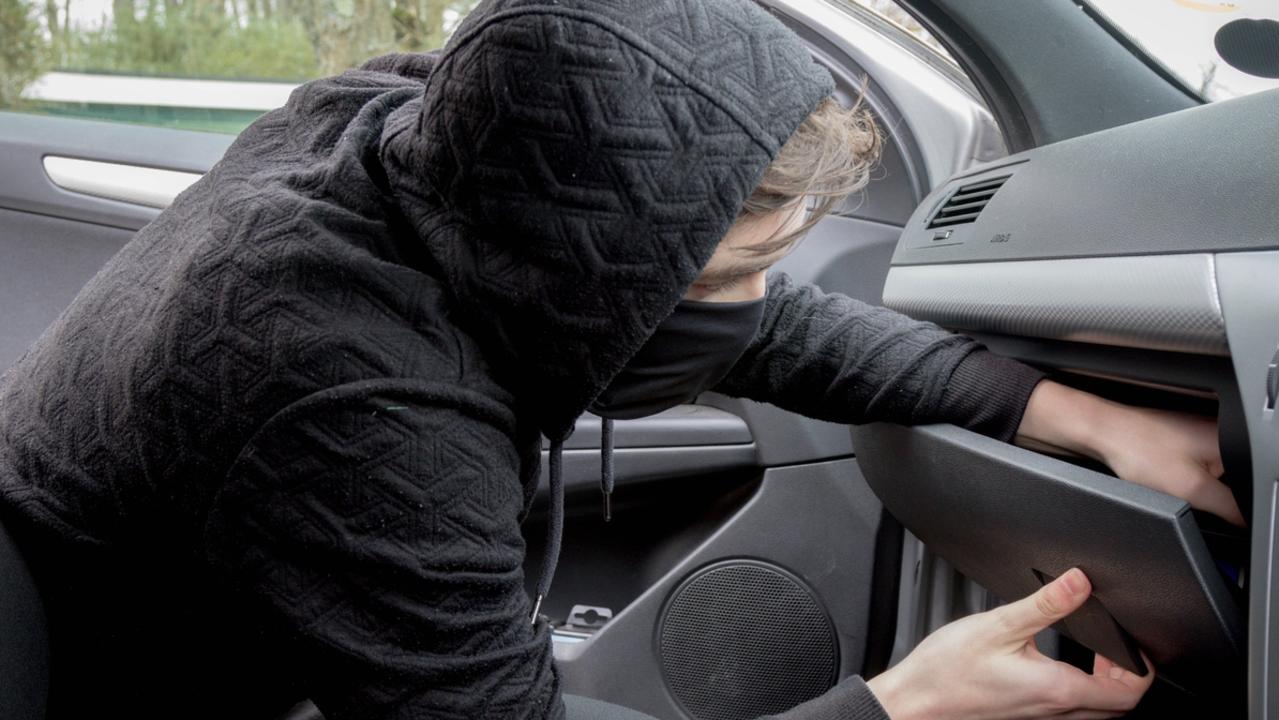Half Qld youth crims back before courts within a year
More than half of Queensland youths sentenced to detention or probation are back before court within 12 months, it can be revealed, as new data shows the state has the highest rate of youth reoffending in the country.
QLD News
Don't miss out on the headlines from QLD News. Followed categories will be added to My News.
- Editorial: Youth crime scourge demands more
- Parents urged to ‘heavily invest’ in teens’ lives to prevent crime
- Deputy Premier’s youth crime admission
More than half of Queensland youths sentenced to detention or probation are back before court within 12 months, it can be revealed, as new data shows the state has the highest rate of youth reoffending in the country.
The shocking statistics will be revealed in new Productivity Commission data to be released on Tuesday.
The data will also show that 97 youths were injured as a result of an assault while in they were in custody, two-thirds of whom were Indigenous Australians.
Queenslanders have been shocked by a spate of high-profile youth crime incidents in 2022, including the murder of the death of Emma Lovell, who was stabbed in a home invasion late last year.

The Productivity Commission data shows 56.8 per cent of Queensland juveniles aged 10-17 who were sentenced either to detention, probation, bail or parole were back before a courtroom within a year, as of 2019-20.
This was a higher rate than any other state or territory, but it has reduced from a high of 65 per cent recidivism with 12 months in 2017-18.
Despite this, the number of children in detention in Queensland has been climbing year on year, against the trend nationally.
There were 3.6 youths in detention for every 10,000 young people aged 10-17 in Queensland in 2019-20, but this grew to 4.8 youths per 10,000 in 2021-22.
In comparison, the national average is just 2.8 youths in detention for every 10,000 young people.

Only Queensland, the Northern Territory and ACT recorded an increase in youths in detention from 2014 until now, while every other state recorded a decrease.
The report noted that: “Young people experiencing homelessness have disproportionate contact with the criminal justice system and housing insecurity on exit from youth justice detention is associated with recidivism”.
Queensland’s opposition have been calling for parliament to be reconvened early to deal with youth crime.
But the government has argued it needs more time to consult on its proposed new laws, which include harsher penalties for youth’s boasting about their crimes on social media and judges having to consider the bail history of juveniles.
The Standing Council of Attorneys-General also met in December to discuss a draft report into raising the age of criminal responsibility from 10 to 14.
While no decision was made, the draft report noted that detention “may not be an effective deterrent for a child because of their immature brain development … lack of capacity to understand the consequences of their actions” and could even increase the risk of future contact with the justice system.






